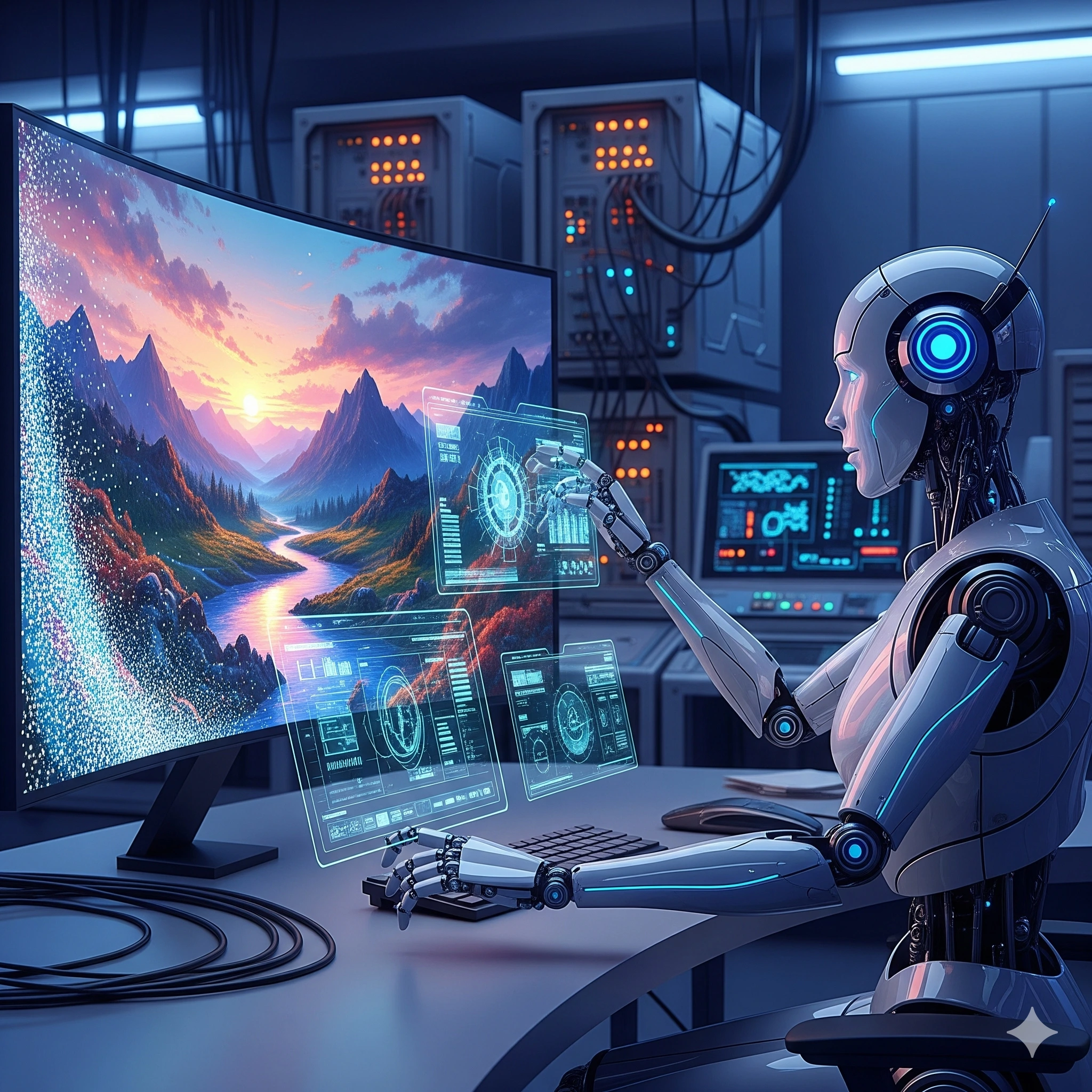Artificial intelligence is reshaping the global job market in unexpected ways. While nearly 80,000 tech workers have lost their jobs to AI-driven automation by mid-2025, millions of workers outside Silicon Valley are discovering that AI skills can boost their salaries by thousands of dollars annually.
The technology industry is experiencing its most severe contraction in recent memory, with 77,999 workers laid off by mid-2025—equivalent to 491 people losing their jobs to AI daily. Major corporations are leading this trend, with Microsoft cutting 15,000 positions and IBM eliminating 8,000 roles, particularly targeting HR departments for automation.
Despite these devastating numbers in tech, a remarkable shift is occurring across other industries. Workers with AI skills now command a 56% wage premium, according to PwC’s 2025 Global AI Jobs Barometer, which analyzed nearly one billion job advertisements across six continents. This represents a dramatic increase from the 25% premium recorded just one year earlier.
Labor market intelligence firm Lightcast confirms this trend, reporting that non-tech roles requiring AI skills offer 28% higher salaries—translating to an average increase of nearly $18,000 per year. Their analysis of over 1.3 billion job postings reveals that more than half of all AI-related positions in 2024 appeared outside the traditional technology sector.
Industries beyond tech embrace ai integration
The landscape of AI adoption has fundamentally changed since 2019, when 61% of AI jobs were concentrated in IT and computer science. By 2024, this proportion dropped to just 49%, with 51% of AI-related job postings now appearing outside technology fields.
Marketing and design sectors are leading this transformation, with 8% of all positions now requiring AI competency. Human resources follows closely with a 66% growth rate in AI job postings, while finance, education, manufacturing, and customer service industries are rapidly integrating these technologies into their operations.
Also Read: TCS to cut workforce by 12,000 citing AI disruption and market uncertainty
Job postings mentioning generative AI skills have surged 800% since 2022, driven by widespread adoption of tools like ChatGPT, Perplexity, and Claude. In 2024 alone, more than 66,000 job postings specifically mentioned generative AI as a required skill—a nearly fourfold increase from the previous year.
The Federal Reserve Bank of Atlanta’s research confirms this expansion, noting that AI skill demand has reached 1.62% of all job postings by 2024, with growth extending beyond bachelor’s degree requirements to include high school and associate degree roles.
Economic impact reaches unprecedented levels
Companies embracing AI are experiencing remarkable productivity gains. AI-exposed industries saw productivity growth quadruple from 7% to 27% between 2018 and 2024, while these same sectors report revenue per employee growing at three times the rate of less AI-integrated businesses.
Workers possessing multiple AI skills receive even larger compensation increases, with those demonstrating two or more AI competencies earning a 43% salary boost on advertised positions. Customer support, sales, and manufacturing sectors report the largest pay increases for AI-skilled employees.
However, the most valued positions require more than technical expertise alone. Employers increasingly seek hybrid skillsets that combine AI capabilities with human abilities like communication, leadership, problem-solving, and customer service.
Wages in AI-exposed industries are growing twice as fast compared to sectors with minimal AI integration, creating a significant economic divide. Cole Napper from Lightcast warns that “companies continuing to treat AI as a niche technical skill will find themselves competing for talent with organizations that have embedded AI literacy across their entire workforce.”
Also Read: AI revolution will create more millionaires than internet, Jensen Huang
Looking ahead, 41% of employers plan workforce reductions due to AI automation within five years, with projections suggesting 20 million manufacturing jobs could face automation by 2030. This data spans six continents, confirming that AI’s impact on employment represents a global phenomenon rather than a regional trend.
The research indicates that AI fluency is rapidly becoming essential across industries, creating both unprecedented opportunities for skilled workers and significant challenges for those unable to adapt to this technological shift.





